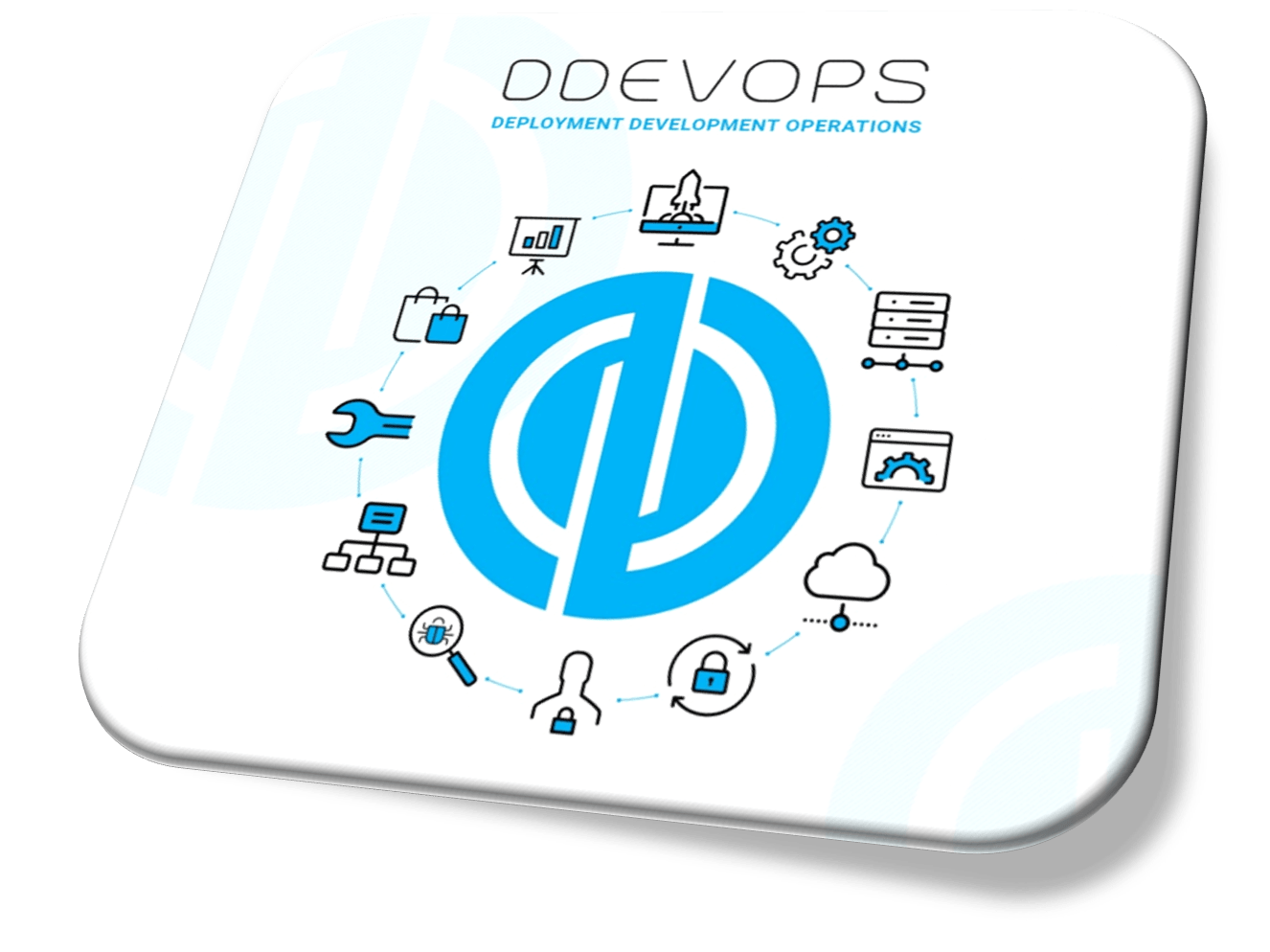Python Programming: A Smart Start for Tech Careers

Python Programming: A Smart Start for Tech Careers
Table of Contents
- What is Python?
- Why Learn Python?
- Real-World Applications
- Basic Syntax Overview
- Career Boost & Certifications
- Where to Start?
1. What is Python?
Python is a high-level, interpreted programming language known for its clean syntax and readability. It’s beginner-friendly yet powerful enough for enterprise-level applications.
print("Hello, World!")
2. Why Learn Python?
- Easy to learn, write, and debug
- Web development (Django, Flask)
- AI & Machine Learning (TensorFlow, PyTorch)
- Data Analysis (Pandas, NumPy)
- Automation & DevOps scripting
For DevOps engineers, Python is a go-to tool for writing automation scripts, managing cloud resources, and integrating CI/CD workflows.
3. Real-World Applications
| Domain | Tools/Frameworks |
|---|---|
| Web Development | Django, Flask |
| Data Science | Pandas, Matplotlib |
| Automation | Selenium, Cron Jobs |
| Cloud Scripting | Boto3 (AWS SDK) |
| DevOps Pipelines | Jenkins, Docker APIs |
4. Basic Syntax Overview
- Variables:
x = 10 - Loops:
for i in range(5): - Functions:
def greet(name): return f"Hello, {name}"
Python’s syntax is intuitive, making it ideal for writing clean, maintainable code.
5. Career Boost & Certifications
- Python is in high demand across tech roles—especially in DevOps, cloud, and automation.
- Consider certifications like:
- PCAP – Certified Associate in Python Programming
- AWS Certified Developer (Python-based projects)
- Practice platforms: LeetCode, HackerRank, CodeSignal
6. Where to Start?
- Python.org – Official docs
- W3Schools Python – Beginner tutorials
- YouTube: Corey Schafer, Tech With Tim
- Practice: HackerRank
Final Thought: Python isn’t just a language—it’s a career enabler. Whether you’re automating cloud tasks or building scalable apps, Python gives you the edge.
Written By Abu Sufyan



